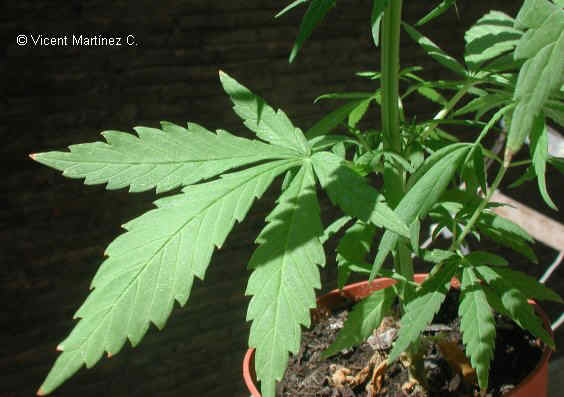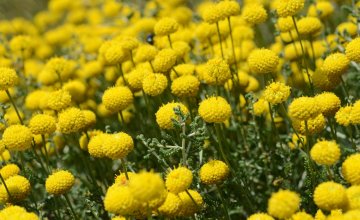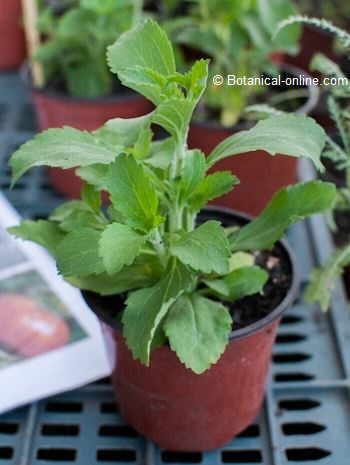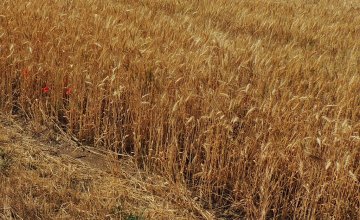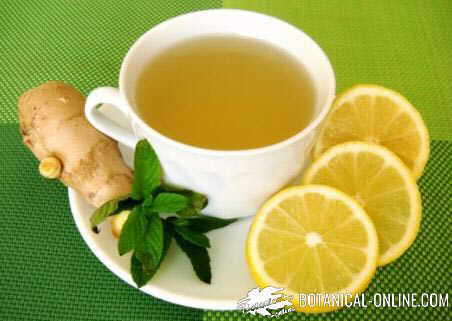WHO YOU SHOULD NOT TAKE MULLEIN
Mullein (Verbascum thapsus) is a plant used to treat respiratory diseases, ear pain, allergies and diseases of the skin.
Generally, flowers are used for internal use, while the leaves are crushed and used externally, in poultice, plaster or oil, on scab, burns and hemorrhoids.
Who should avoid taking mullein?
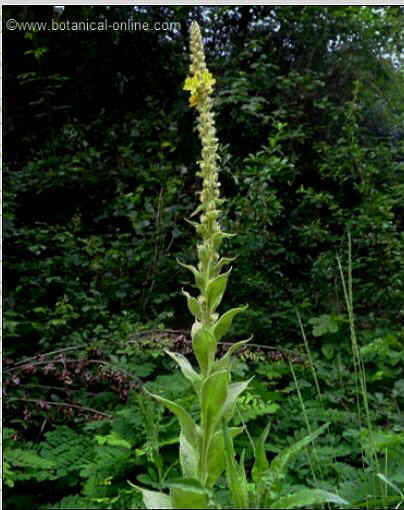
In the image: photograph mullein plant (Verbascum thapsus L.)
- Pregnant and lactating women: the effects of this plant during pregnancy and lactation are unknown.
- As a precaution, it is recommended not to take this plant during these stages. Consult your doctor before taking mullein.
- Children under 12 years: the use of the plant is not recommended to avoid risk of allergy. Consult your doctor before administering mullein to children under 12 years of age.
- People with plant allergy: people allergic to plants should avoid remedies with mullein. The person may be allergic to mullein, and in addition the plant may contain pollen from other plants due to its dense hairiness.
- People with a broken eardrum: Oil of mullein is used to treat the pain of ears produced by wax in the ears or infections. People with a broken eardrum should not take this remedy.
- Liver diseases: Mullein is not a plant suitable for people with jaundice, hepatitis or other diseases of the liver, because of its content in coumarins.
- People taking medication: Components of mullein can interfere with the effects of your medication. Among its active ingredients, coumarins may potentiate the action of anticoagulants such as aspirin. Consult your doctor before taking mullein.
![]() More information on mullein.
More information on mullein.
This article was endorsed by Elisenda Carballido - Dietitian nutritionist. Postgraduate in Phytotherapy and master in Nutrition and Metabolism.

